NORTH ADAMS, Mass. — Like in many communities, homeowners will see their tax rate drop but their overall tax bills rise as property values continue to increase.
The City Council on Wednesday (because of Veterans Day) approved a split tax rate that keeps a shift of 1.715 applied to business and commercial properties.
Mayor Jennifer Macksey thanked the assessment team for their work, recognizing the new assessor and her mentor, Jessica Lincourt, and praising Ciera Dowling for doing a great job.
The average single-family home, now assessed at $243,823, will see a tax bill of $3,894 — an increase of $218 as the home’s value rose by about $18,375.
For fiscal 2026, the residential tax rate is $15.97 per $1,000 of property value, down 74 cents from last year. The commercial and industrial rate drops to $33.40, down $1.82 from last year’s $35.22. If the city used a single rate, it would be $19.48.
Residential properties make up 65.5 percent of the city’s tax levy; commercial and industrial account for about 23 percent, and personal property for 11.5 percent.
Assessor Ciera Dowling explained that this year was a recertification year, requiring a comprehensive review of assessed values to ensure they match current market conditions. This happens every five years and includes an in-depth sales analysis with the Department of Revenue, along with ongoing monthly reviews.
Properties are assessed at fair cash value, defined as the price a buyer and seller agree upon in an open market, at arm’s length. Dowling emphasized that increases in utility bills, fuel prices, and groceries do not affect assessed values. She noted that non-arms-length sales — such as within families, foreclosures, or donations — are not used in assessments.
Total new growth in the city reached $15,734,521 — a 9.7 percent increase. Of that, $2,962,500 came from residential improvements and construction, while personal property accounted for about $10.7 million.
Residential valuations rose by $91 million, bringing the total to $958,068,333. Personal property increased by $12.5 million. Several industrial properties were reclassified, including a parking lot and the former Crane building, which is now used as a commercial lumberyard.
Dowling pointed to new development contributing to growth, including four completed condominium units at Greylock Works, eight more units at 25 percent completion, a new single-family home, and several smaller projects. She reported that the residential portion of new growth translated to $49,503.38 in taxes.
She also addressed frequently asked questions, including why property values rise even when there are no improvements, how multi-unit buildings and short-term rentals are taxed, and what types of nonprofits qualify for exemptions. She noted that although the Massachusetts Museum of Contemporary Arts is exempt, businesses on its campus still pay taxes on personal property. In fiscal 2025, that total was $43,437.88.
Councilor Peter Breen, a strong advocate for a payment-in-lieu-of-taxes program, pressed for more detail about tax-exempt properties. Based on the commercial tax rate, he estimated the city could collect $12 million from the 363 tax-exempt parcels. The total assessed value of all 900 exempt properties — including city-owned buildings — is $306,502,758. Breen asked to see a breakdown excluding city-owned assets.
Councilor Lisa Blackmer noted the issue is complex. She pointed out that the largest tax-exempt property is Massachusetts College of Liberal Arts, and the state is unlikely to provide additional funding. The second-largest exempt property is the hospital, and she said she did not want to risk losing that asset for tax revenue.
According to the assessor’s database, MCLA’s property is valued at $78,776,685, its foundation at $3.7 million, North Adams Regional Hospital at $35.7 million, and the museum at $10.8 million.
Councilor Keith Bona highlighted that residential values have risen nearly 45 percent, while commercial and industrial values have increased only about 13 percent. He explained that homes have sold for much more in recent years, while commercial properties have seen modest gains. He also noted increases in personal property captured during the cyclical review, including second homes.
Councilor Andrew Fitch expressed concerns about the high commercial tax rate, saying it could discourage business growth. He suggested the city consider adjusting it in the future, noting that North Adams has the fourth-highest commercial rate in the state, behind Holyoke, Pittsfield, and Springfield.
In other business:
• Marie McCarron was sworn in to fill the seat previously held by Deanna Morrow. The council had accepted letters of interest from residents to serve the final four meetings of the term. Joshua Vallieres and McCarron were the only applicants, and Vallieres endorsed McCarron, praising her determination and noting her strong showing in last week’s election. McCarron thanked the community for its support.
• The mayor issued a proclamation recognizing International Transgender Day of Remembrance.
• Councilor Bona reported that the pilot nip bottle redemption program received enough donations to cover another 25,000 bottles. More than 5,000 have already been redeemed.
• The council reviewed Councilor Fitch’s request about improving transparency. The matter was referred to General Government for further discussion and public input.
This article has been carefully fact-checked by our editorial team to ensure accuracy and eliminate any misleading information. We are committed to maintaining the highest standards of integrity in our content.


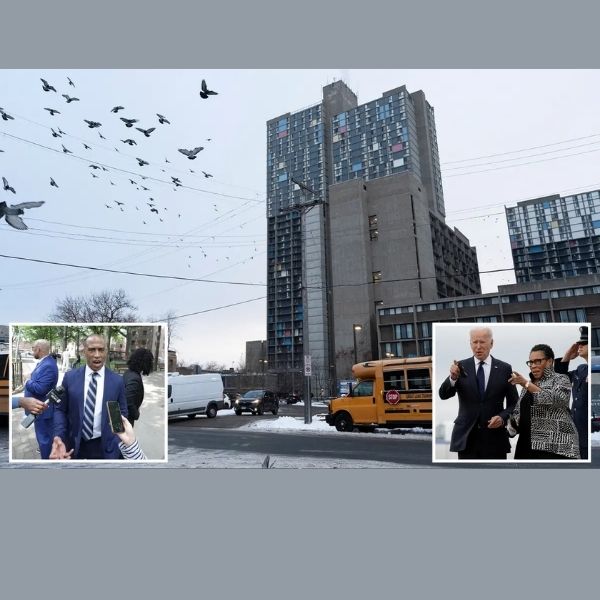






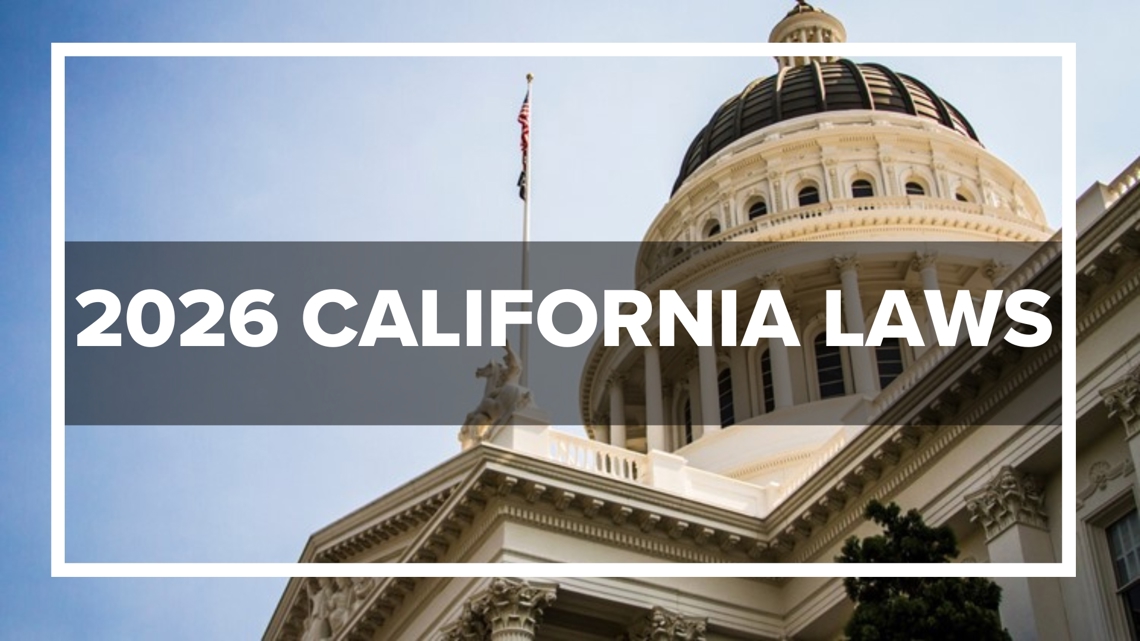
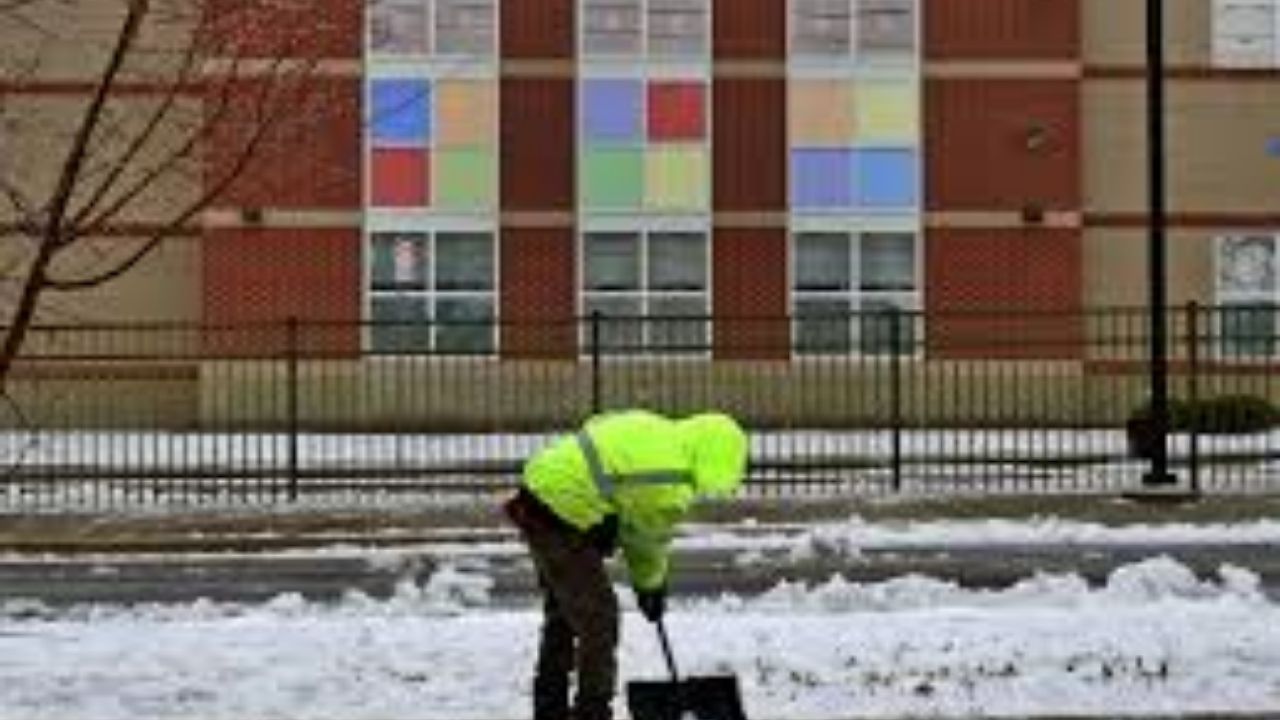
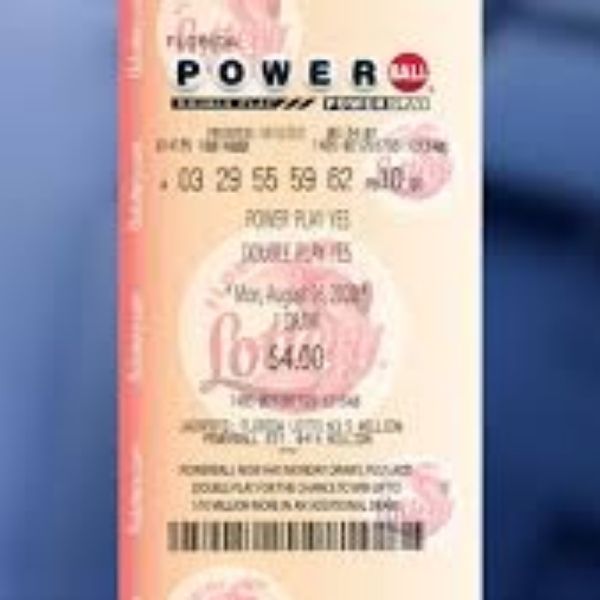


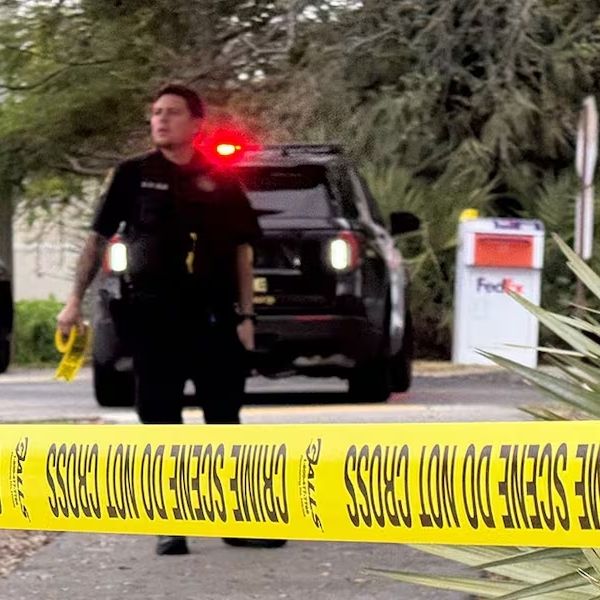
Leave a Reply